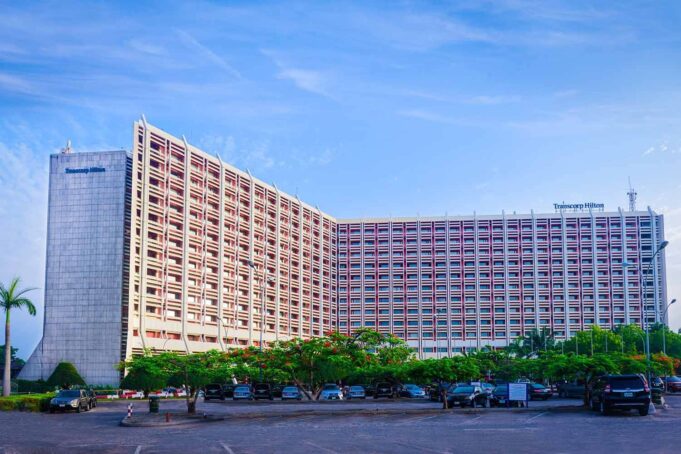So far, a total of 234 public enterprises have been successfully reformed by way of privatisation, commercialisation and concession.
Director-General, Bureau of Public Enterprises (BPE), Mr. Alex Okoh, said this at a public hearing organised by the House of Representatives Committee on Privatisation and Commercialisation of Government Assets on Monday.
The Director-General said this while agreeing with the Minister of Works and Housing, Mr. Babatunde Fashola, who called for the audit of all government assets that have been concessioned or privatised.
He agreed with Fashola that not all public infrastructures and assets needed to be privatised.
Okoh stressed that those that needed to be privatised or concessioned should be guided by clear and robust legislation.
“We are in a precarious situation. The country has only recently emerged from recession following the destructive impact of COVID-19 pandemic.
“However, the resultant constraints in the fiscal space are still very much evident.
“Our debt stock is rising while our revenue is declining. This trend becomes more worrisome when considered against certain key economic indices.”
He said Nigeria’s debt to gross domestic product ratio is on average 34 per cent, which is higher than the international threshold of 30 per cent.
The Director-General further said debt service to revenue ratio is 98 per cent, far above the World Bank’s threshold of 22.5 per cent.
“Notwithstanding this gloomy reality, there is still the possibility of emerging from this dark tunnel and into the light of economic prosperity by seeking to put in place a credible and robust mechanism to reset and reform the economy, especially a robust asset optimisation and public, private partnership framework, to attract private capital into infrastructure development, thereby stimulating economic growth.
“From inception to date, a total of 234 public enterprises have been successfully reformed by way of privatisation, commercialisation and in some cases, concession,” he revealed.
Okoh pointed out that the globally acclaimed telecom revolution in Nigeria which had created a tele-density is a product of the reform of the sector, spearheaded by the BPE.
Earlier, Speaker of the House of Representatives, Femi Gbajabiamila, stressed the importance for Nigeria to think critically and act decisively to put in place a legal framework for Privatisation and Public Private Partnerships (PPPs).
On his part, Fashola said there are certain assets that the private sector has not been unable to deal with.
The minister stressed that there is the need to be more circumspect about certain types of assets that are being concessioned or privatised.
Also, the Chairman of the Committee, Ibrahim Misau, said the policy of privatisation and commercialisation over the years had been dogged with numerous setbacks despite its good intentions.
- Tinubu appoints Jim Ovia as Education Loan Fund chairman - April 26, 2024
- Ondo 2024: Akeredolu’s ex-deputy emerges PDP guber candidate - April 26, 2024
- Again, JAMB extends 2024 Direct Entry registration - April 26, 2024










